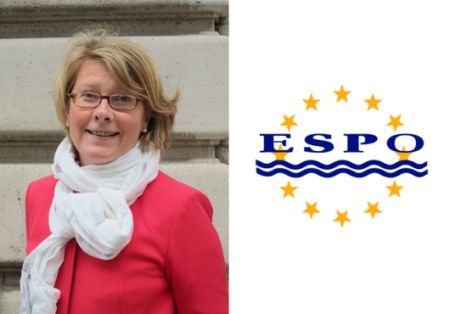
The Transport Committee of the European Parliament on Monday, 25 November, voted the Fidanza report on the Commission proposal for a Directive on the Deployment of alternative fuels infrastructure.
The European Sea Ports Organisation (ESPO) welcomes the outcome of the vote with regard to the deployment of a sufficient network of LNG refuelling points in the core TEN-T ports. On this issue, the Fidanza proposals were taken on board. “We believe the Rapporteur has taken the right approach. He supports the deployment of LNG, but makes the proposals more realistic by proposing to take into account both the existing bunkering market realities and the distances between ports into account,” says Isabelle Ryckbost, ESPO’s Secretary General.
But, ESPO fails to understand the introduction of a strict obligation for core TEN-T ports to provide shore side electricity to vessels requiring more than 1 MWA in berths located within 3 km of residential areas. Port feasibility studies clearly demonstrate that shore side electricity is not a “one-size-fits-all” type of solution and should therefore not be imposed horizontally. It should be promoted where and insofar it is beneficial for the environment and cost effective.
Isabelle Ryckbost points out: “We do understand the support for shore side electricity in the Parliament. European ports have been actively supporting this technology and exploring the possibility of providing shore side electricity in their berths. This has in cases lead to successful implementation projects. However, in other cases port feasibility studies show a lack of significant environmental benefits and disproportionate high investment costs. We are therefore convinced that any investment on shore side electricity needs to be justified through local feasibility studies and not imposed through a strict obligation.”
The plenary vote of the Fidanza report is due to take place in February 2014. The Transport Committee gave a mandate to the Rapporteur to start negotiations with the Council with a view to reaching a final agreement in spring 2014. Awaiting this agreement, ESPO hopes to have the opportunity to further inform Parliament and Council about the concrete experience European ports have with shore side electricity, in order to find a solution that is both workable, environmental and cost-effective.
We use cookies to improve your experience. By continuing to use our site, you accept our Cookies, Privacy Policy,Terms and Conditions. Close X